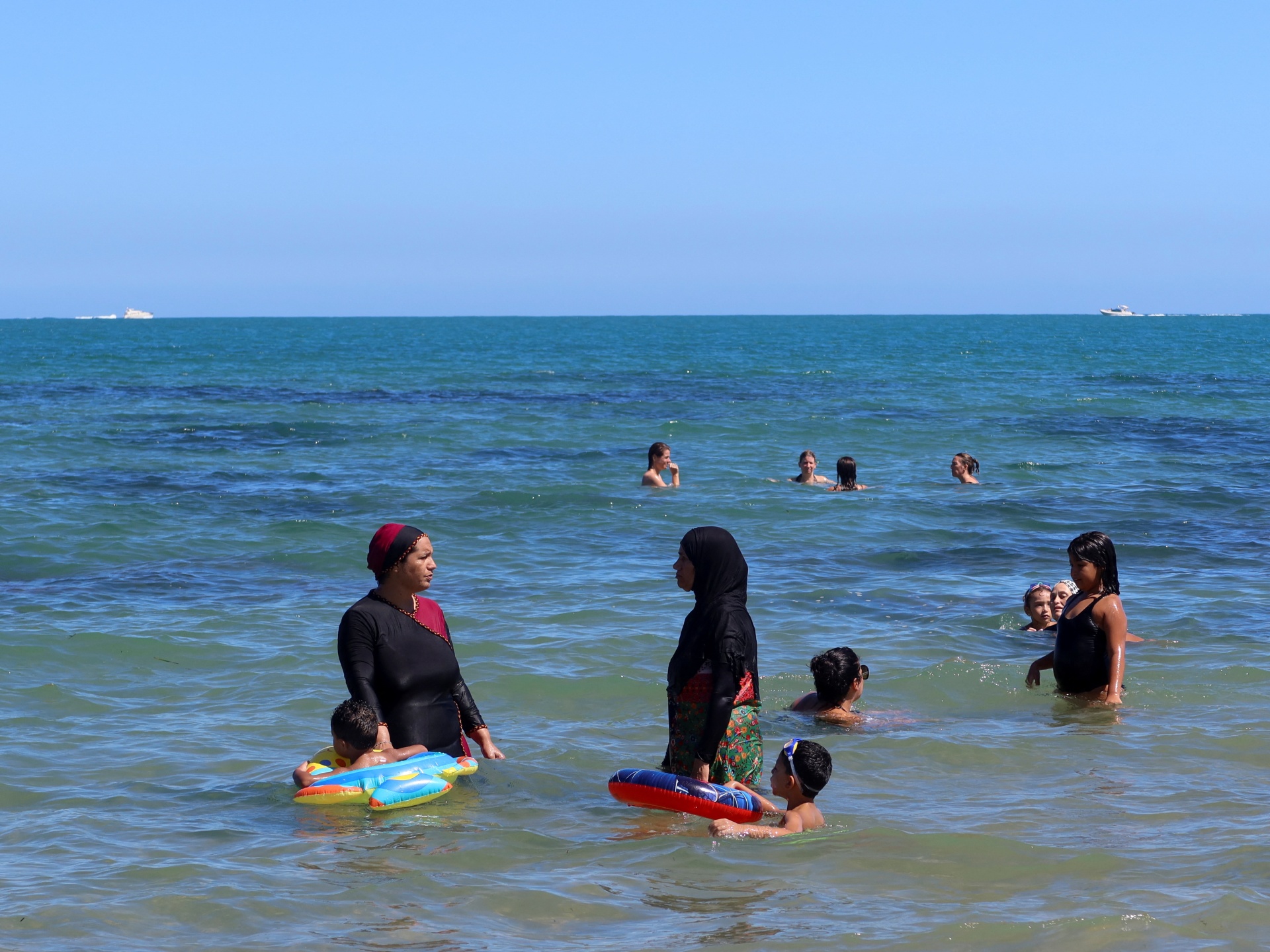Poor implementation of the law passed five years ago leaves women at risk of violence, the Human Rights Watch says in a report.
Authorities in Tunisia have not done enough to protect women against domestic violence despite the country adopting progressive legislation five years ago, according to a report by Human Rights Watch (HRW).
“The authorities fail to systematically respond, investigate and provide protection to women who report violence,” the New York-based rights group said in a report released on Thursday.
Tunisia passed Law 58 in 2017 to tackle domestic violence against women and it was regarded as a pioneering initiative, but the HRW report said that “insufficient” implementation has kept women in the North African country unsafe.
The law expanded the definition of punishable violence, including sexual harassment in public spaces. It was also meant to guarantee legal, financial and social support for survivors.
Kenza Ben Azouz, the author of the HRW report, said that the 2017 law is generally “very strong”, but added that there are amendments that could be made within the law, such as recognising explicitly sexual violence within couples.
What is worrying, she added, is that the law is not being fully implemented due to “insufficient funds allocated to the law’s implementation”.
Women in Tunisia are “suffering from a sheer lack of protection and real mechanism that is in place … Many guarantees have not been delivered on,” Ben Azouz told Al Jazeera from the capital Tunis.
‘Poor data collection and the social and economic pressure on women’
Similarly, HRW’s Tunisia director Salsabil Chellali, said poor implementation of the law leaves women at risk of violence.
“Five years after the promulgation of this progressive and ambitious text, the authorities’ actions have been insufficient” in protecting women, she told the AFP news agency.
Tunisian police in 2021 registered nearly 69,000 complaints of violence against women, but “the real magnitude of domestic violence is however difficult to gauge, in part due to poor data collection and the social and economic pressure on women to tolerate men’s violence,” the report stated.
It noted that some 130 specialised police units have been set up since the law’s adoption in 2017, but women interviewed by HRW “said the police did not routinely explain to them their rights and options [and] responded dismissively to their complaints.”
Officers have also pressed women “to reconcile with their abusers or acquiesce family mediation rather than pursue criminal complaint,” according to the report.
Inadequate access to emergency shelters, particularly in rural areas, “means that women who need to flee an abusive household have nowhere to go unless they have ample resources,” the New York-based rights group said.
